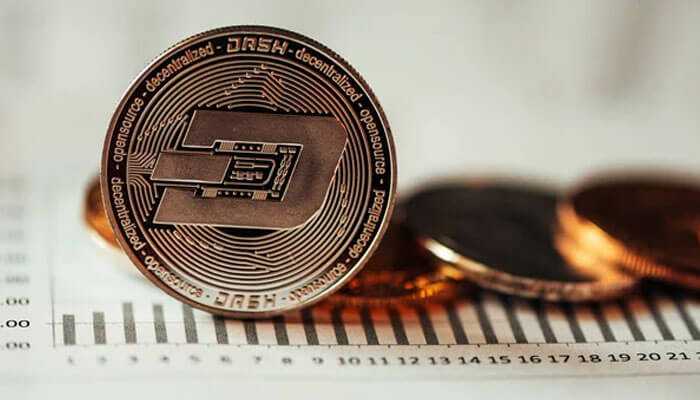Introduction
Privacy coins represent a crucial evolution in the cryptocurrency landscape, offering users a level of anonymity and privacy not found in traditional cryptocurrencies like Bitcoin. In an era where digital surveillance is increasingly prevalent, the importance of privacy in financial transactions cannot be overstated. Privacy coins address this need by providing users with the ability to conduct transactions without revealing their identities or the details of their transactions. This article explores the world of privacy coins, their technologies, notable projects, use cases, regulatory challenges, and the future outlook for these innovative digital assets. In addition, you can find an investment education company to start your learning journey by visiting Immediate Ignite.
Understanding Privacy Coins
Privacy coins, as the name suggests, are cryptocurrencies that prioritize user privacy. Unlike traditional cryptocurrencies, where transactions are recorded on a public ledger that anyone can view, privacy coins use various technologies to obfuscate transaction details, making them private and untraceable.
Technologies such as ring signatures, zk-SNARKs (zero-knowledge succinct non-interactive arguments of knowledge), and CoinJoin are commonly used in privacy coin protocols. These technologies enable privacy coins to obscure the sender, recipient, and transaction amount, ensuring a high level of anonymity for users.
Notable Privacy Coin Projects
Monero (XMR):
Monero is widely regarded as the pioneer of privacy coins. It uses a combination of ring signatures, stealth addresses, and ring confidential transactions (RingCT) to ensure privacy and anonymity for its users.
Zcash (ZEC):
Zcash is another prominent privacy coin known for its use of zk-SNARKs. Zk-SNARKs allow users to prove the validity of a transaction without revealing any information about the transaction itself, ensuring privacy while maintaining the integrity of the blockchain.
Dash (DASH):
While not strictly a privacy coin, Dash offers optional privacy features through its PrivateSend feature. PrivateSend mixes transactions from multiple users, making it difficult to trace the origin of funds.
Use Cases and Adoption of Privacy Coins
Privacy coins have found various use cases beyond simple transactions. They are often used for:
Financial Privacy:
Privacy coins provide users with a level of financial privacy that is increasingly important in a world where financial transactions are subject to surveillance and tracking.
Adoption in the Dark Web:
Contrary to popular belief, not all transactions on the dark web are illicit. Privacy coins are often used on the dark web for legitimate transactions, where privacy and anonymity are paramount.
Privacy Coins in Developing Economies:
In countries with unstable or oppressive regimes, privacy coins can provide individuals with a means to transact without fear of government interference.
Regulatory Challenges and Responses
Privacy coins have faced regulatory scrutiny due to concerns about their potential use in illicit activities such as money laundering and terrorism financing. However, many privacy coin projects are proactive in addressing these concerns by implementing compliance solutions such as Know Your Customer (KYC) and Anti-Money Laundering (AML) measures.
Privacy Coins and the Future of Digital Transactions
Privacy coins are poised to play a significant role in the future of digital transactions. As the demand for privacy and anonymity grows, privacy coins will likely become more integrated into mainstream finance. Innovations such as confidential smart contracts hold the potential to further enhance the privacy and functionality of privacy coins, making them an attractive option for a wide range of users.
Conclusion
Privacy coins represent a crucial development in the cryptocurrency landscape, offering users a level of privacy and anonymity that traditional cryptocurrencies cannot match. Despite facing regulatory challenges, privacy coins continue to evolve and innovate, paving the way for a future where financial privacy is a fundamental right. As the demand for privacy and anonymity grows, privacy coins are well-positioned to play a significant role in shaping the future of digital transactions.





